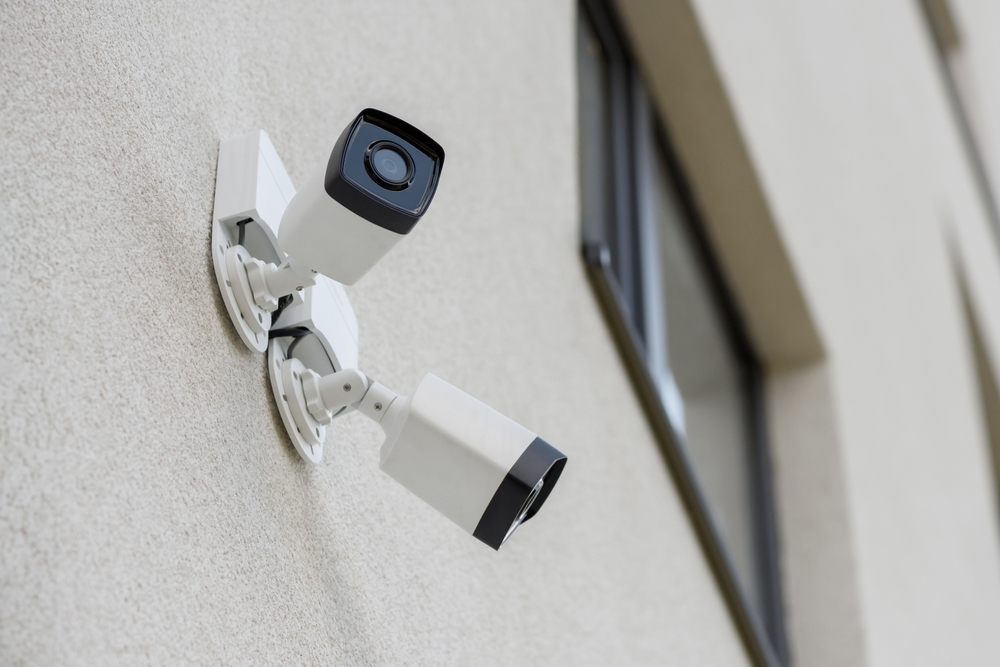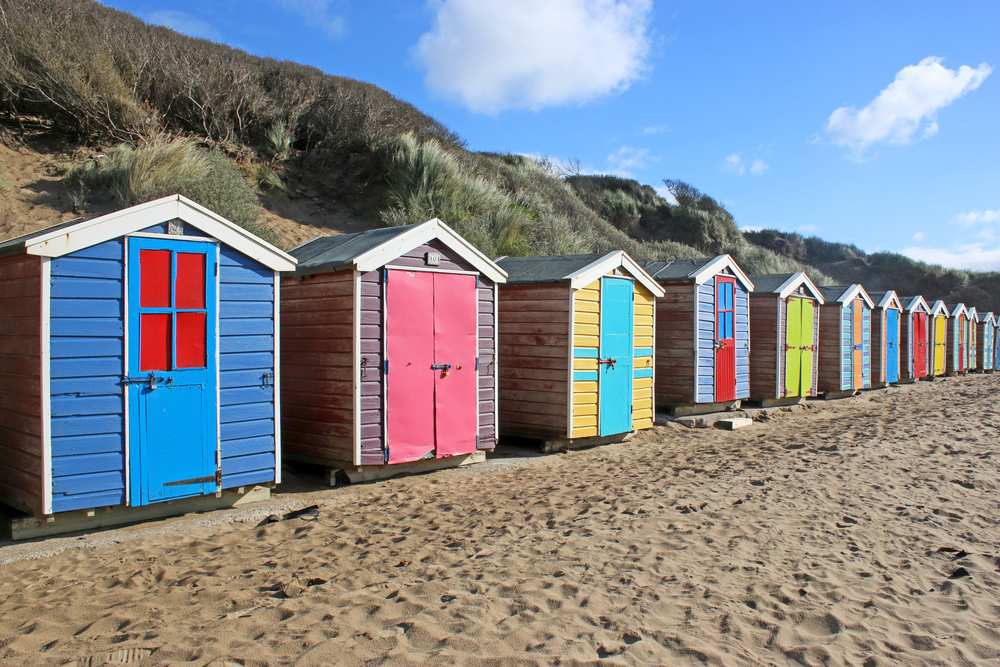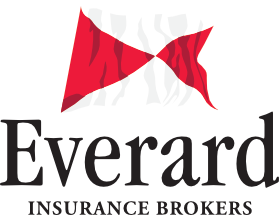The UK has been dealing with a construction skills shortage for some years now. The latest CITB Construction Workforce Outlook report suggests that the UK needs 47,860 extra construction workers per year for the 2025-2029 period. This is a total of 293,300 extra workers over the next five years.
In this post we will outline the underlying causes for the UK’s construction skills shortage. We will also explore the impact this shortage is having on the sector.
Why Is There a Construction Skills Shortage in the UK?
There are a number of underlying causes for the UK’s construction skills shortage:
Aging Workforce: Too Many Retirees, Too Few New Recruits
A recent CITB Workforce Skills and Mobility in the Construction Sector report revealed that:
- 50% of the UK’s construction workforce is aged 25 to 44.
- 25% are aged 45 to 59.
- Just 19% of the workforce are aged 25 or under.
Each year, more and more of these workers will reach retirement age, meaning that more people leave the sector than join it.
Changing Expectations of Work
During lockdown, many people got used to a more flexible way of working. As large parts of the workforce were working from home, many workers were relatively free to choose how and when they wanted to work.
Traditionally, the construction sector has not offered such flexibility, which may be putting off a lot of people from entering the sector.
Bad Reputation and Negative Perceptions
Construction has a reputation for being physically demanding, dirty, and unsafe. None of this is necessarily true, but this persisting perception may be turning away many potential candidates.
Many may also believe that construction work is poorly paid. Again, this is not necessarily the case. A recent CIOB report suggested that many construction workers earn around £33,000 a year, which is higher than the average annual earnings in many other sectors.
Global Events
Brexit brought an end to free movement from Europe to the UK, which may have impacted the construction sector, as recruiters struggle to access the international workforce. Similarly, the sector may still be feeling the effects of lockdown. Many who left the sector may not have returned once restrictions were lifted.
The Impact of Worker Shortages on the Construction Industry
The worker shortage means that the construction sector as a whole will face:
- Project delays caused by a struggle to meet demand
- Burnout for anyone who works in the sector due to overworking.
- Rise in mistakes and accidents because tired and stressed construction workers may be more likely to make mistakes, which could lead to more on-the-job accidents.
- Rising costs from errors that may need reworking, which may also drive up the cost of insurance for construction firms.
- Difficulties in staff retention caused by an overstretched workforce, which of course would exacerbate the problem for many businesses.
Government Plans to Address The Construction Skills Shortage
In March 2025, the government revealed its plan to “unleash the next generation of construction workers”, with an aim to build 1.5 million new homes.
The aim is to recruit and train up to 60,000 more specialist construction workers by 2029. This is less than 25% of the 293,300 new workers the latest CITB Construction Workforce Outlook report suggests that the UK needs.
What Can You Do To Deal With A Staff or Skills Shortage in Your Construction Business?
This is not the sort of problem you will be able to solve overnight. But there are a number of strategies you can adopt to help your construction business deal with staff shortages and high turnover.
- Offer flexibility where you can. The tight schedules of many construction projects mean you cannot offer the same flexibility that employees enjoy in certain other sectors. But you could still help your staff enjoy a better work/life balance through being as flexible as possible – with part-time or job-sharing opportunities, staggered start and end times, and through giving workers more say in when they take their breaks.
- A focus on wellbeing. Support your employees in any way you can. Look to introduce the sort of benefits and initiatives that encourage wellbeing, and aim to reward loyalty and high performance. The aim is not just to support your staff, but also to dispel the myth that construction work is inherently difficult and unrewarding.
- Build a better construction culture. Treat your staff well, offer competitive pay and other rewards, and be as flexible as possible, and over time the word might spread that you are an employer that respects your staff. This could help with recruitment and retention in the long-term.
Specialist Insurance Cover For Construction Firms
At James Hallam, we can help you protect your construction business with specialist risk management and insurance support.
We are an independent Lloyd’s broker with a dedicated team of experienced insurance professionals who are committed to getting you the cover you need at a competitive price.
Find out how we can help you today.












